Philip Kamau Path from US Rejection to Success in Australia
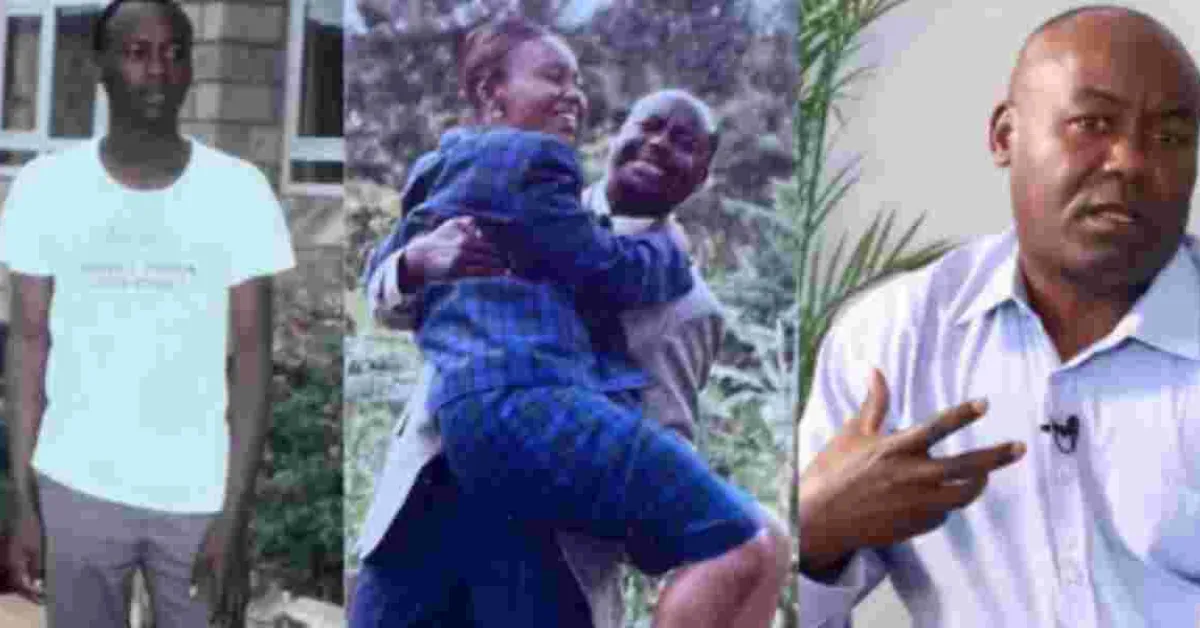
Philip Kamau faced numerous challenges from an early age having grown up in a large polygamous family in Kenya.
Despite growing up with 28 brothers and 15 sisters, and enduring mistreatment from his older step-siblings, he excelled academically. Kamau's dedication to education led him to top his class when the 8-4-4 system was introduced, and he later became the first in his family to earn a university degree from the University of Nairobi. Upon graduation in 1997, Kamau encountered a harsh job market in Kenya. For three years, he tirelessly searched for work in Nairobi facing constant disappointment.
This challenging period prompted him to consider opportunities abroad. Initially, he planned to move to the United States with the help of a friend, but the 1998 bombing of the American Embassy in Nairobi derailed this option. Undeterred, Kamau set his sights on Botswana. With financial support from his mother and uncle, he embarked on a journey that would eventually lead him to New Zealand and Australia. In Botswana, Kamau observed many Kenyans relocating to the US and UK, but his own attempt to secure a US visa was unsuccessful. However, his agricultural degree proved valuable, leading to an opportunity to work on a farm in New Zealand.
The path to permanent residency in New Zealand was fraught with difficulties, but Kamau's determination prevailed. His journey didn't end there, as he and his wife Wangari eventually settled in Karratha, Western Australia. Throughout their journey, the couple remained guided by their faith, believing that their experiences were part of a greater divine plan. Kamau's story reflects the broader Kenyan diaspora experience. Many Kenyans, like Kamau, leave their homeland in pursuit of better opportunities, often encountering significant obstacles along the way. These challenges include navigating complex immigration systems, securing employment, and adapting to new cultural environments.
Despite these hurdles, the Kenyan diaspora continues to thrive, making valuable contributions to their host countries while maintaining strong connections to their roots.

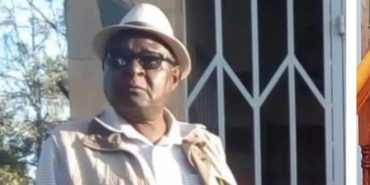
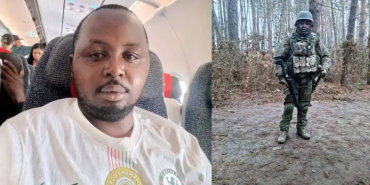
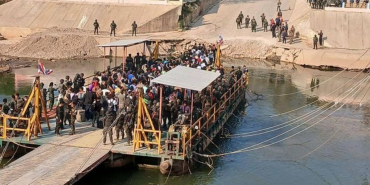


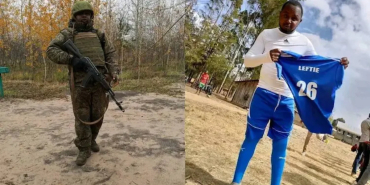

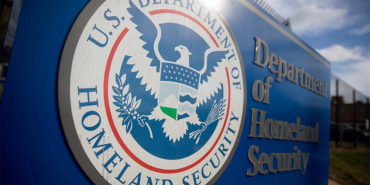
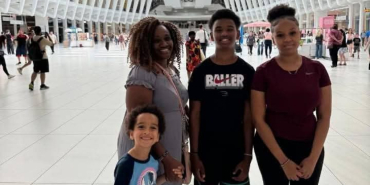




Comments
So, what kind of work is he…
Permalink
So, what kind of work is he doing in Western Australia and how successful is it? Please bring out some light. The story abruptly ends in when they finally settle there....
Cogratulationss and thanks…
Permalink
Cogratulationss and thanks for inspiring me. Your story is like my son's now
Please if you can reach us
Add new comment